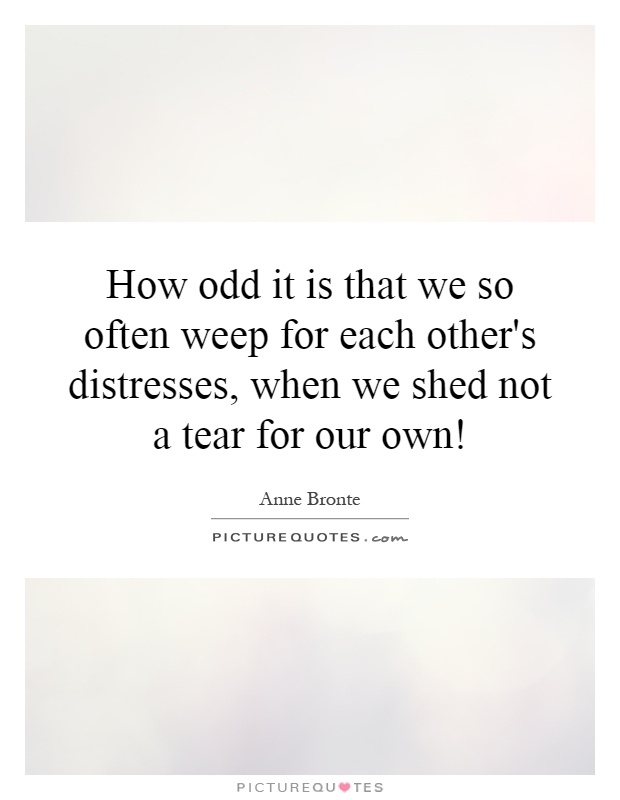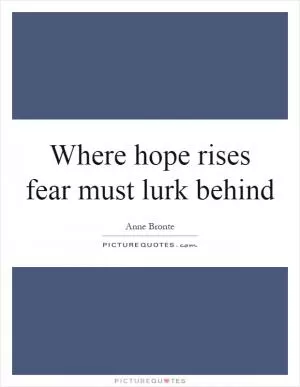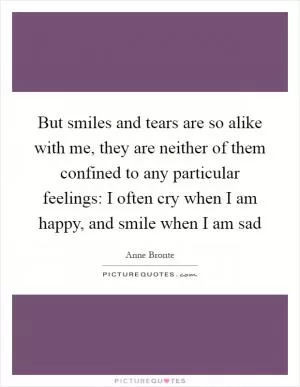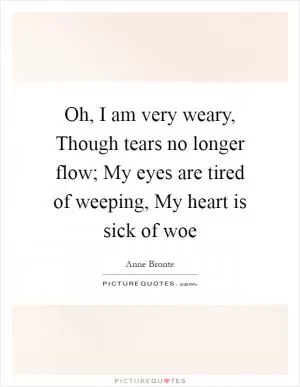How odd it is that we so often weep for each other's distresses, when we shed not a tear for our own!

How odd it is that we so often weep for each other's distresses, when we shed not a tear for our own!
Anne Bronte, the youngest of the Bronte sisters, was known for her keen observations of human nature and her ability to capture the complexities of human emotions in her writing. In her novel "The Tenant of Wildfell Hall," she explores the theme of empathy and the tendency of individuals to feel more compassion for others than for themselves.The quote "How odd it is that we so often weep for each other's distresses, when we shed not a tear for our own!" reflects Anne Bronte's understanding of the human condition. It highlights the paradoxical nature of human empathy, where individuals are often more moved by the suffering of others than by their own pain. This sentiment is echoed in the character of Helen Huntingdon, the protagonist of "The Tenant of Wildfell Hall," who sacrifices her own happiness and well-being for the sake of others.
Helen's story is a poignant reminder of the selflessness and compassion that often characterizes human relationships. Despite facing numerous hardships and betrayals, Helen remains steadfast in her commitment to helping those in need, even at the expense of her own happiness. Her willingness to endure suffering for the sake of others exemplifies the quote's message that we are often more inclined to empathize with others than with ourselves.












 Friendship Quotes
Friendship Quotes Love Quotes
Love Quotes Life Quotes
Life Quotes Funny Quotes
Funny Quotes Motivational Quotes
Motivational Quotes Inspirational Quotes
Inspirational Quotes